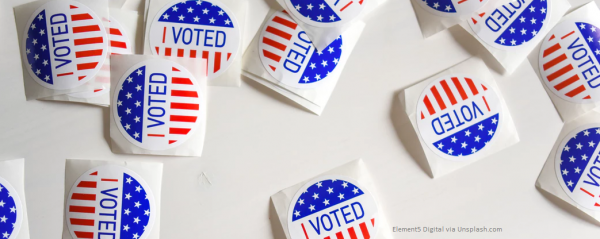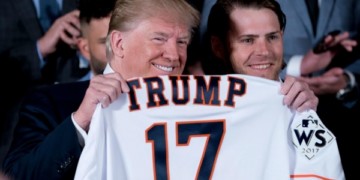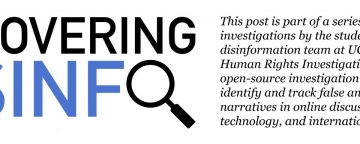 Ed DolanBlockedUnblockFollowFollowingNov 30
Ed DolanBlockedUnblockFollowFollowingNov 30
After the recent midterms, allegations of election fraud involving absentee ballots surfaced in several races. Some of these, including the Georgia governor’s contest, alleged that valid absentee votes for the “wrong” candidate were improperly discarded or disqualified. That is bad enough, but I am concerned here with the opposite kind of fraud — the kind in which fraudulent absentee ballots are submitted and counted as valid.
Absentee ballot fraud of that kind is now at the center of a disputed election in North Carolina’s 9th Congressional district. In that race, the North Carolina State Board of Elections and Ethics Enforcement is refusing to certify Republican Mark Harris’s 905-vote victory over Democrat Dan McCready. Numerous voters have testified that unknown people visited their homes to collect their absentee ballots. These unknown people then allegedly either completed the ballots themselves and submitted them, or, if they were already completed, discarded them if they had reason to think they were not marked for Harris.
In an editorial about the incident, the Charlotte Observer expressed concern that such fraud may also have been committed during the Republican primary that Harris won earlier this year. The Observer maintained that absentee ballot fraud is much more of a problem than the in-person voting fraud targeted by voter ID laws:
This much we do know about absentee voter fraud: Experts say it’s a far easier and more frequent way to compromise the integrity of elections. One exhaustive study of 12 years of elections in five states found only 10 cases of alleged voter impersonation, but 491 prosecutions for absentee ballot fraud.
For many years, my wife and I lived in Washington State, where all voting is now by mail. I was always a bit amazed that no one there seemed concerned with the issue of fraud. Maybe I just have a sinister mind, but I can think of many easy forms of absentee ballot fraud:
- The precincts in Washington put out special boxes (ours was at the fire station) where you are supposed to drop off your ballots. What would keep a person from posing as an “election official” or “volunteer” and going door-to-door to offer their “help” in taking your ballot to the box, altering it if not already sealed, or discarding it if they suspected you voted for the “wrong” candidate? That seems to have been the North Carolina method.
- What would keep someone from outright buying votes for cash, looking on while the sellers filled them out and signed them, and dropping them off at the box?
- What would keep a spouse from insisting on looking at their partner’s ballot before they submitted it, using whatever form of psychological pressure (let’s not even think about physical treats) they had available? Or promising to drop off the partner’s ballot on the way to the store, but trashing it, knowing that it contained a vote for the “wrong” candidate?
- What would keep an employer or a professor from insisting on reviewing ballots of students or employees before they were sealed — with bad grades or bad work assignments as the implicit penalty for voting for the “wrong” candidate?
In addition to our Washington experience, we also spent several years working in Russia, watching the development of that country’s post-Soviet election system. Absentee ballot fraud is endemic there, as reports like this one from the Guardian note. The vote-at-work system (with the boss watching) or vote at the university (with the professor watching) are said to be common.
When I used to bring up these worries in conversations with friends in Washington, they didn’t think I needed to worry. This isn’t Russia, they would say. Americans are honest. It couldn’t happen here, they assured me.
Now, reading about the North Carolina 9th, those assurances sound less convincing. Most Americans may be honest, but some are not. Americans are also trusting. They trust that “volunteer” who promises to “help” them complete or deliver their absentee ballot.
I live in Michigan now, where most voting is still in person, but this year there was a measure on the ballot that, among other things, included a provision for “no excuse” absentee voting. It passed by a wide margin. Remembering the convenience of Washington’s mail-in system, I voted for it. Did I make a mistake? In our well-intentioned efforts to combat voter suppression by expanding early and absentee voting, are we opening the door to new forms of fraud? We need to pay more attention to this problem and fix it before it grows.



























Connect with us